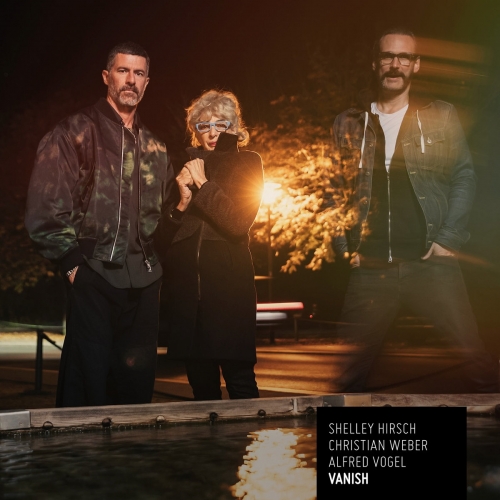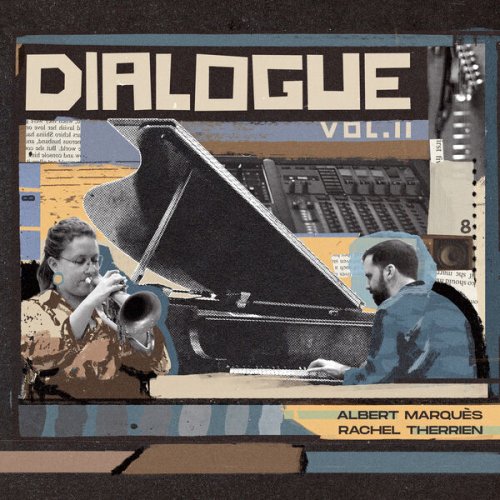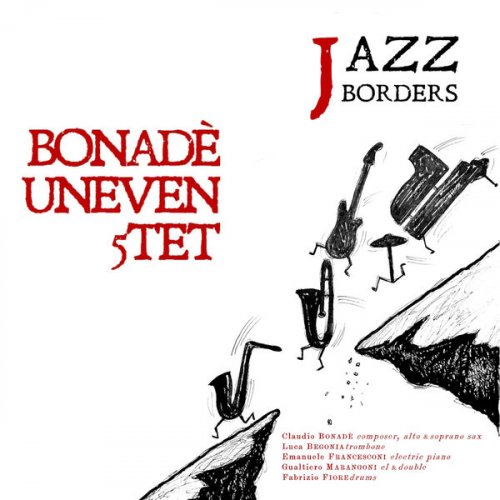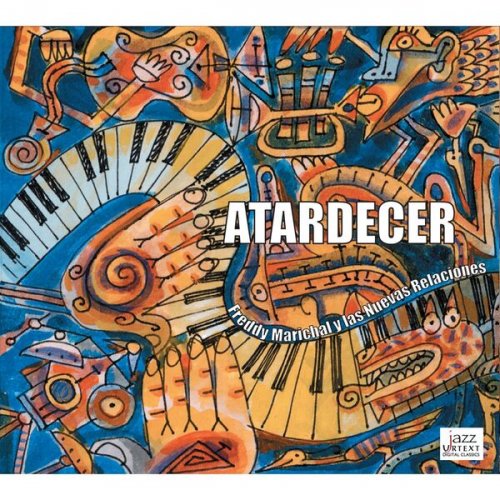Le Banquet Céleste and Damien Guillon - P.H. Erlebach: Lieder (2021) [Hi-Res]
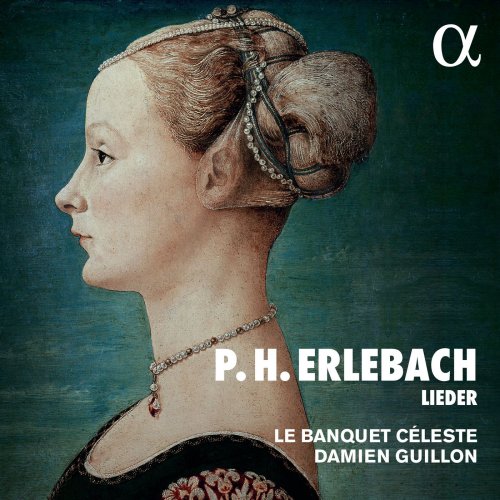
Artist: Le Banquet Céleste, Damien Guillon
Title: P.H. Erlebach: Lieder
Year Of Release: 2021
Label: Alpha Classics
Genre: Classical
Quality: FLAC (tracks) / 24bit-96kHz FLAC (tracks+booklet) / 24bit-192kHz FLAC (tracks+booklet)
Total Time: 01:10:51
Total Size: 330 MB / 1.29 / 2.35 GB
WebSite: Album Preview
Tracklist:Title: P.H. Erlebach: Lieder
Year Of Release: 2021
Label: Alpha Classics
Genre: Classical
Quality: FLAC (tracks) / 24bit-96kHz FLAC (tracks+booklet) / 24bit-192kHz FLAC (tracks+booklet)
Total Time: 01:10:51
Total Size: 330 MB / 1.29 / 2.35 GB
WebSite: Album Preview
01. Harmonische Freude Musicalischer Freunde: Seine Not recht überlegen, Wird manch Tränen - Bad erregen (8:03)
02. Harmonische Freude Musicalischer Freunde: Des Tadlers Stich, Verlache ich (6:24)
03. Harmonische Freude Musicalischer Freunde: Liebe in Abwesenheit, Grünet durch Beständigkeit (10:01)
04. Sonata quinta: I. Adagio - Allegro - Adagio (2:09)
05. Sonata quinta: II. Allemande (2:18)
06. Sonata quinta: III. Courante (1:07)
07. Sonata quinta: IV. Sarabande - Variatio (2:46)
08. Sonata quinta: V. Gigue (1:08)
09. Harmonische Freude Musicalischer Freunde: Wer sich dem Himmel übergeben, Wird endlich Ruh’ und Glück erleben (5:45)
10. Harmonische Freude Musicalischer Freunde: An Jammer und Beschwerlichkeit, da fehlt es hier zu keiner Zeit (7:38)
11. Harmonische Freude Musicalischer Freunde: Auf des Kreuzes Finsternis, folgt die Sonne ganz gewiß (3:15)
12. Sonata seconda: I. Adagio (1:33)
13. Sonata seconda: II. Allegro (1:11)
14. Sonata seconda: III. Adagio (1:09)
15. Sonata seconda: IV. Allemande (1:17)
16. Sonata seconda: V. Courante (1:04)
17. Sonata seconda: VI. Sarabande - Variatio (2:52)
18. Sonata seconda: VII. Gigue (1:25)
19. Harmonische Freude Musicalischer Freunde: Ich finde schlechte Freud, Bei Unempfindlichkeit (4:08)
20. Harmonische Freude Musicalischer Freunde: Die Zeit verkehret, Was uns beschweret (5:49)
After the past 18 months, we could all be forgiven for forgetting that our generation doesn't have the monopoly on sitting in mortal peril at the mercy of a powerful and uncontrollable natural force. However we don't. Humankind has of course both been here before, and bequeathed us the art by which to remember it – including many of the texts set by German Baroque composer Philipp Heinrich Erlebach in his Harmonische Freude musikalischer Freunde.
Published in Nuremberg respectively in 1697 and 1710, these two vocal collections contain respectively 50 and 25 arias for one to four solo voices accompanied by instrumental ensemble and basso continuo, setting poems that flit between the moralistic and secular spheres; and while ultimately this is conjecture, they do at least appear to hint at their contemporary context of an era lived against the backdrop of natural disasters including Bubonic Plague, and the superstitious fear provoked in 1680 by the appearance of Europe's largest comet of the seventeenth century – an event perhaps referenced in the line, “Today bloody comets shine, Tomorrow we are free of distress”.
As for Erlebach himself, he was born in 1657 in Essens, and spent almost the entirety of his life and career as one of the stars of the Thuringian court of Rudolstadt, which at that point was an aristocratic capital whose vibrant musical life kept fully abreast of European musical trends. Having been appointed Rudolstadt's Kapelldirektor as young as 24, Erlebach went on to be described by the influential music theorist Wolfgang Caspar Printz in 1696 as a musician “who among German composers gives the most satisfaction and acquits himself with great distinction”. So it's tragic that the vast majority of the huge collection of music he left behind at his death in 1714 was lost to a fire just twenty years later. Especially when what is left is so tantalisingly good, as is demonstrated by this superbly performed, sensitively engineered programme from countertenor Damien Guillon and his ensemble Le Banquet Céleste (consisting of two violins, two viola da gamba, violone, archlute and alternating harpsichord and organ).
As advertised, the main meat here is Lieder from those aforementioned vocal collections: seven in total, opening with with the sombre lament, Seine Not recht uberlegen wird manch Tränen-Bad erregen – over which the poet mourns his distress before drawing comfort on the thought that heaven sees him – whose gently sighing lines are a lovely fit for Guillon's softly warm, otherworldly yet clean-edged, penetrating tones. Le Banquet Céleste is no less immediately beguiling either, as its piano violins weave searchingly around Guillon, alive to his every inflection. Onwards, and while the Lieder's atmosphere of intimate, sober reflection remains the constant, the individual flavours vary. For instance, next up is Des Tadlers stich verlache ich, a feisty, up-tempo repost to the poet's mockers, where Guillon brings fabulously crisp definition and en pointe technical control to its fast passagework – something you're also constantly appreciating over his embellishments.
Plus there's more, because punctuating the Lieder are two of Erlebach's trio sonatas, published a few years before the arias. Consisting of a three-section (slow-fast-slow) sonata movement appended by a dance suite, these serve as the perfect complements and palate cleansers to the Lieder's intense emotions, all adding up to an album you're likely to find yourself making repeat visits to for some time to come.
Published in Nuremberg respectively in 1697 and 1710, these two vocal collections contain respectively 50 and 25 arias for one to four solo voices accompanied by instrumental ensemble and basso continuo, setting poems that flit between the moralistic and secular spheres; and while ultimately this is conjecture, they do at least appear to hint at their contemporary context of an era lived against the backdrop of natural disasters including Bubonic Plague, and the superstitious fear provoked in 1680 by the appearance of Europe's largest comet of the seventeenth century – an event perhaps referenced in the line, “Today bloody comets shine, Tomorrow we are free of distress”.
As for Erlebach himself, he was born in 1657 in Essens, and spent almost the entirety of his life and career as one of the stars of the Thuringian court of Rudolstadt, which at that point was an aristocratic capital whose vibrant musical life kept fully abreast of European musical trends. Having been appointed Rudolstadt's Kapelldirektor as young as 24, Erlebach went on to be described by the influential music theorist Wolfgang Caspar Printz in 1696 as a musician “who among German composers gives the most satisfaction and acquits himself with great distinction”. So it's tragic that the vast majority of the huge collection of music he left behind at his death in 1714 was lost to a fire just twenty years later. Especially when what is left is so tantalisingly good, as is demonstrated by this superbly performed, sensitively engineered programme from countertenor Damien Guillon and his ensemble Le Banquet Céleste (consisting of two violins, two viola da gamba, violone, archlute and alternating harpsichord and organ).
As advertised, the main meat here is Lieder from those aforementioned vocal collections: seven in total, opening with with the sombre lament, Seine Not recht uberlegen wird manch Tränen-Bad erregen – over which the poet mourns his distress before drawing comfort on the thought that heaven sees him – whose gently sighing lines are a lovely fit for Guillon's softly warm, otherworldly yet clean-edged, penetrating tones. Le Banquet Céleste is no less immediately beguiling either, as its piano violins weave searchingly around Guillon, alive to his every inflection. Onwards, and while the Lieder's atmosphere of intimate, sober reflection remains the constant, the individual flavours vary. For instance, next up is Des Tadlers stich verlache ich, a feisty, up-tempo repost to the poet's mockers, where Guillon brings fabulously crisp definition and en pointe technical control to its fast passagework – something you're also constantly appreciating over his embellishments.
Plus there's more, because punctuating the Lieder are two of Erlebach's trio sonatas, published a few years before the arias. Consisting of a three-section (slow-fast-slow) sonata movement appended by a dance suite, these serve as the perfect complements and palate cleansers to the Lieder's intense emotions, all adding up to an album you're likely to find yourself making repeat visits to for some time to come.
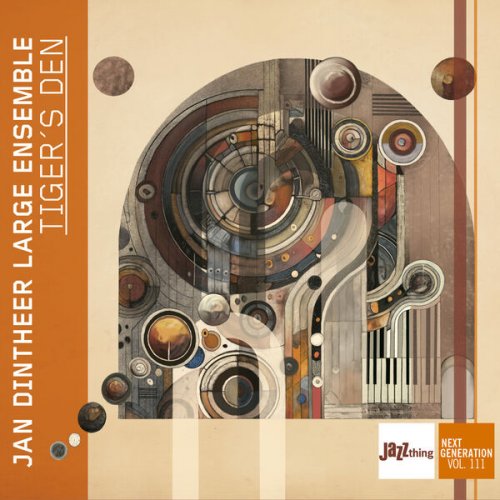
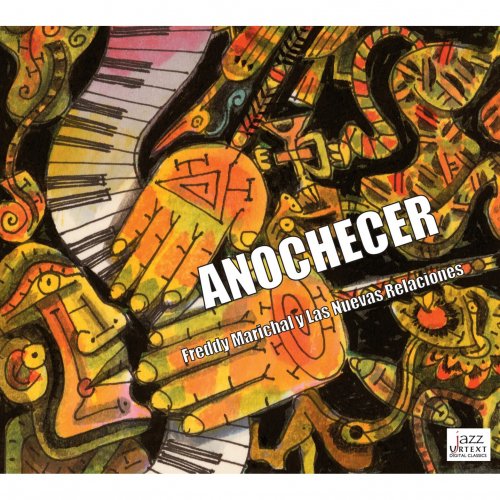
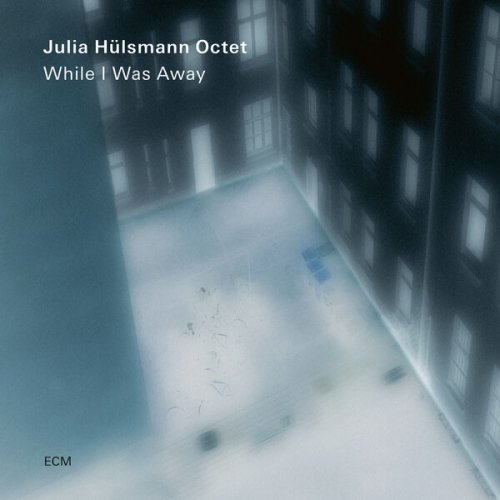
![Mari Boine - Goaskinviellja - Eagle Brother (Remastered 2025) (2026) [Hi-Res] Mari Boine - Goaskinviellja - Eagle Brother (Remastered 2025) (2026) [Hi-Res]](https://img.israbox.com/img/2026-01/31/so1zgdk2eva394qd3qtlyxfd2.jpg)
![Illinois Jacquet - Swing's The Thing (1960/2026) [Hi-Res] Illinois Jacquet - Swing's The Thing (1960/2026) [Hi-Res]](https://www.dibpic.com/uploads/posts/2026-01/1769713003_cover.jpg)
